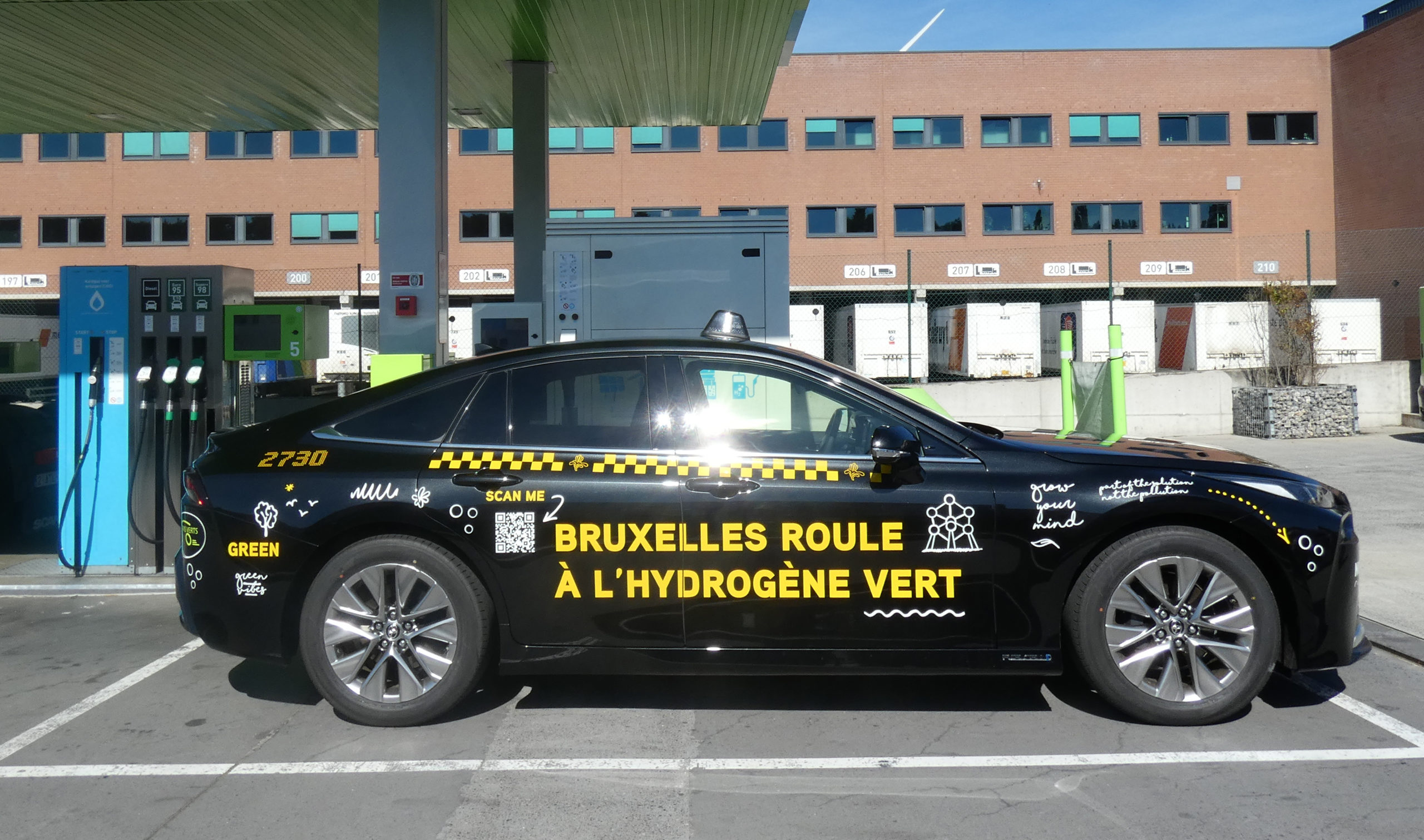
Brussels cabs can run on hydrogen gas

Initiators Taxis Verts and Virya Energy are very satisfied with their one-year hydrogen-powered cab pilot project /Dieterenauto
Hydrogen gas (H2) can be used as fuel for cabs and other cars in Brussels without any problems. That is the conclusion reached by D'Ieteren'


Comments
Ready to join the conversation?
You must be an active subscriber to leave a comment.
Subscribe Today